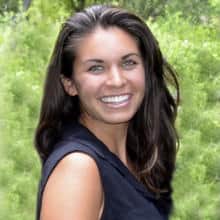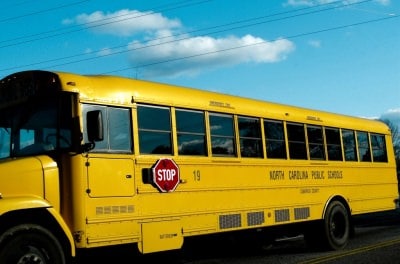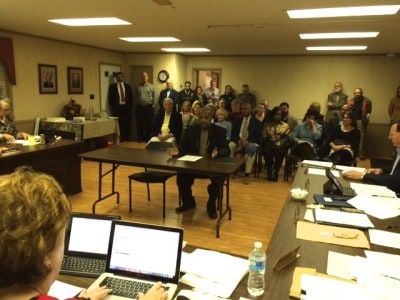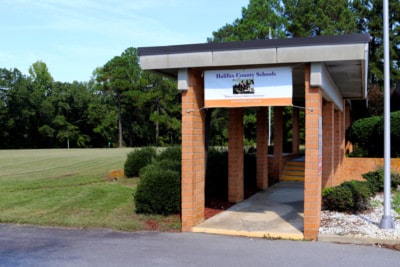

It was a difficult decision to leave the classroom as an 8th-grade social studies teacher at Ranson IB Middle School. As an educator, I saw many of my students failed by a system not built to serve them—swimming upstream against seemingly unbeatable odds in a toxic lake. And while I did everything in my power to help each fish find their path, I have come to believe that we need to act collectively to fix the lake. And that has led me to finally “come out” as an education reformer—not only to find short-term fixes for our state’s education system, but to train and empower local college and high school students to organize and fight for educational justice in their own communities.
Since leaving the classroom and transitioning into community organizing in the education reform world, three convictions have risen about our education landscape in North Carolina.
The first is a direct need for student engagement in our public education system.
As a teacher I was passionate about initiating opportunities that allowed my students to speak their truth, share their experiences and be change-makers. Our class mantra was “I am. We are. The Revolution.” Everyday I had the privilege of learning from students and their stories, like Jisel having to advocate for herself to exit ESL; or Jeanette’s challenges switching schools three times in just one year; and Keevan’s dedication to tutoring his younger sister so she wouldn’t be held back another year. As we discussed social issues and current events, their voices and perspectives shined light on not only the problems, but possible solutions to creating an education system built around equity, quality, and accountability. My students felt empowered and valued when they were given the space to share and others listened. It was clear to me their voices needed to be heard beyond my classroom walls.
The second is a dire need to act collectively to fix the lake, rather than the fish in the education ecosystem.
There’s an epidemic—in some of our lakes, the majority of fish are dying. How long do we keep trying different things with the fish before we start to treat the water? There have been (and continue to be) detrimental racial disparities in our education system because it was built by white people and for white people, yet we are slow to alter the system. How many of our nonprofits, school programs, and district policies are directed at fixing the fish rather than the lake?
Third, I believe it’s healthy and necessary to evolve our thinking as we learn and listen to others.
In order for us to truly move the needle in this state, we’ve got to be operating with more collective power. This requires us to align our actions, which follow our beliefs. I often felt isolated as a teacher, but when I began meeting with education leaders and organizations across the state I was inspired to know so many people have been and continue to work relentlessly for our kids. However, each of these organizations and individuals are operating with different agendas, priorities, and initiatives. Teaching assistants, Common Core, and charter schools are among the many controversies that continue to divide our state—at the expense of our kids. We are not addressing root causes and have yet to accept that many of the solutions don’t have to be an either/or, but an “and.” My own thinking on the issues above have changed the more I learn and with the more folks I talk to. It can be admirable to stand strong in your beliefs, but it is even more admirable to operate with humility and a growth-mindset.
Students are the constituents, the customers and consumers of our education system, and I strongly believe they are entitled to be heard as stakeholders.
I routinely sit at tables with adults as the sole decision makers. I am now working with local college students who “beat the odds” to acquire seats at these tables. Not as honorary guests, but as valued thought partners and decision makers. Students are the constituents, the customers and consumers of our education system, and I strongly believe they are entitled to be heard as stakeholders. We are building leadership and civic engagement among a group of people who are the most recent products of the K-12 system and hungry to exercise their new voting power.
Local student voices who are optimistic truth-tellers, challenging the status quo, shouldn’t be a threat, but welcomed insight.
In my first months, I cringed every time I said reform because I know how polarizing it is; but now I am transparent and unapologetic when I say I am a reformer working with Students for Education Reform because we are fighting to change our outdated systems and institutions. Local student voices who are optimistic truth-tellers, challenging the status quo, shouldn’t be a threat, but welcomed insight.




